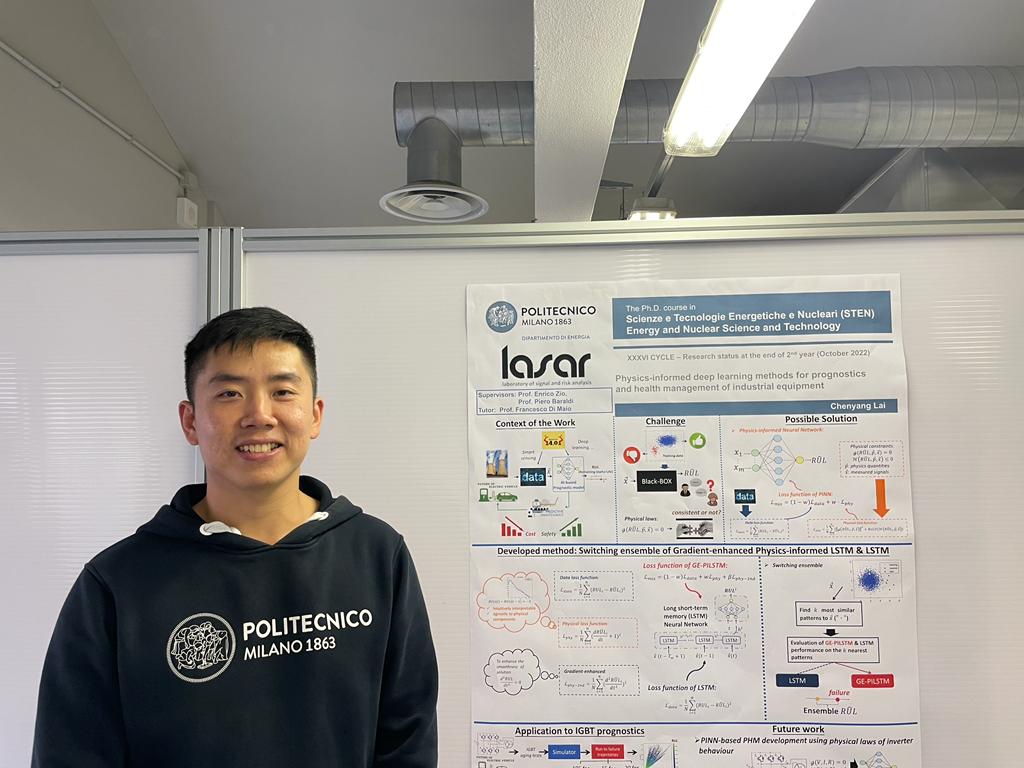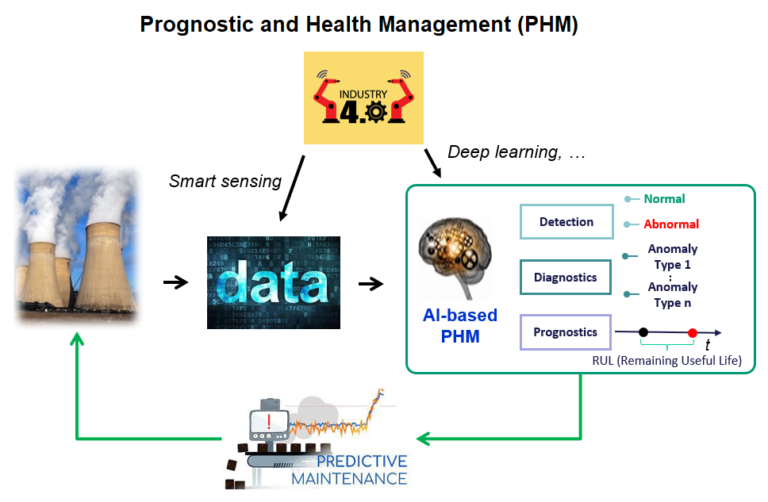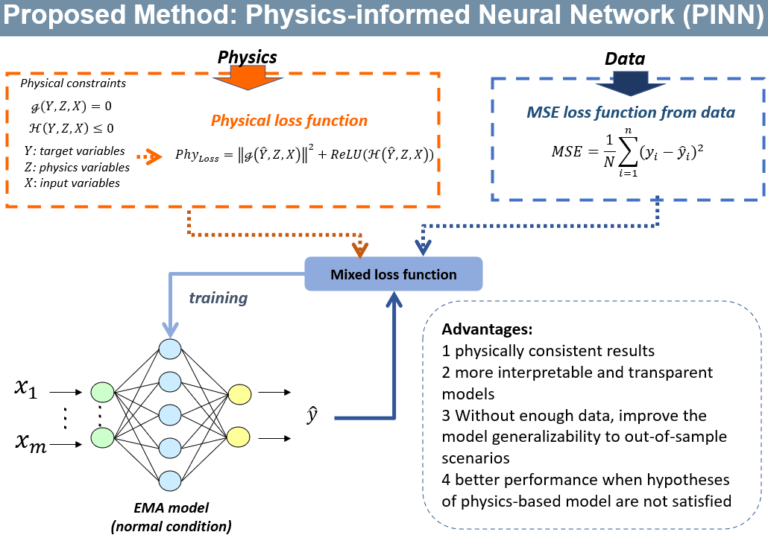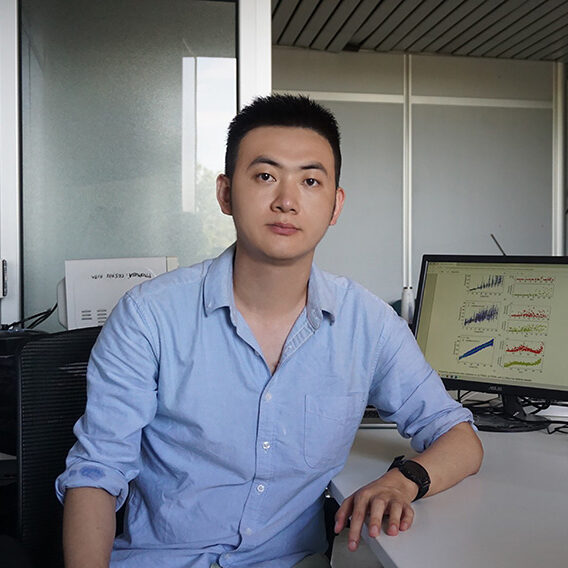Chenyang Lai
PhD thesis title: Development of physics-informed deep learning methods for prognostics and health management of industrial equipment
Academic Tutor: Francesco Di Maio
Academic Supervisor: Enrico Zio and Piero Baraldi
PhD cycle: 36° (see all student profiles of the same cycle > LINK)
BSc: Energy Engineering, Harbin Engineering University
MSc: Control Engineering, Northwestern Polytechnical University
Thesis abstract
My PhD work belongs to the Prognostic and Health Management (PHM) research field aiming to fully leverage the information of an industrial component to perform fault detection, fault diagnostic, prognostic of time-to-failure thereupon proactively manage maintenance and failures. Deep Learning (DL) is a branch of artificial intelligence based on the use of neural networks with deep architecture of a large number hidden layers and neurons which has the better capability of mining hierarchical representations from large-scale raw data. With the exploded amount of data available in the industry 4.0 era, deep learning-based PHM approaches are becoming more and more attractive. However, in PHM applications involving complex and safety critical industrial systems, the cost of acquisition of data describing the equipment behaviour in abnormal conditions is typically prohibitive. This is due to the fact that equipment tends to operate in healthy conditions, therefore, the historical data rarely refer to degraded or faulty conditions. Also, pure data-driven approaches can produce results which are inconsistent with well-known physics laws and, therefore, are unacceptable, especially in critical industrial sections, such as power production and energy systems. Since the demand for interpretable and transparent PHM methods is rising, my PhD work will investigate the possibility of developing a physics-informed data-driven PHM framework built on the recent advancement of physics-informed neural network (PINN) which combines the physical knowledge/constraints thereby mitigating the requirement of massive historical data and improving the physics-consistency of maintenance decision.
Personal interest in my research theme
I am interested in the computational method and its application in the reliability and maintenance field. However, neural networks, the powerful computational tool nowadays, are usually recognized as a black-box approach which leads to distrust in the model outcomes by the users. How to use neural networks properly is always a topic for us. Therefore, I embraced to the Physics-informed Neural Network (PINN) which considering combining NN and physical knowledge thereby improving “black-box” NN. PINN is an interesting and useful approach in which I really enjoy and I hope I can give some contributions using PINN in the Prognostic and Health Management field.





